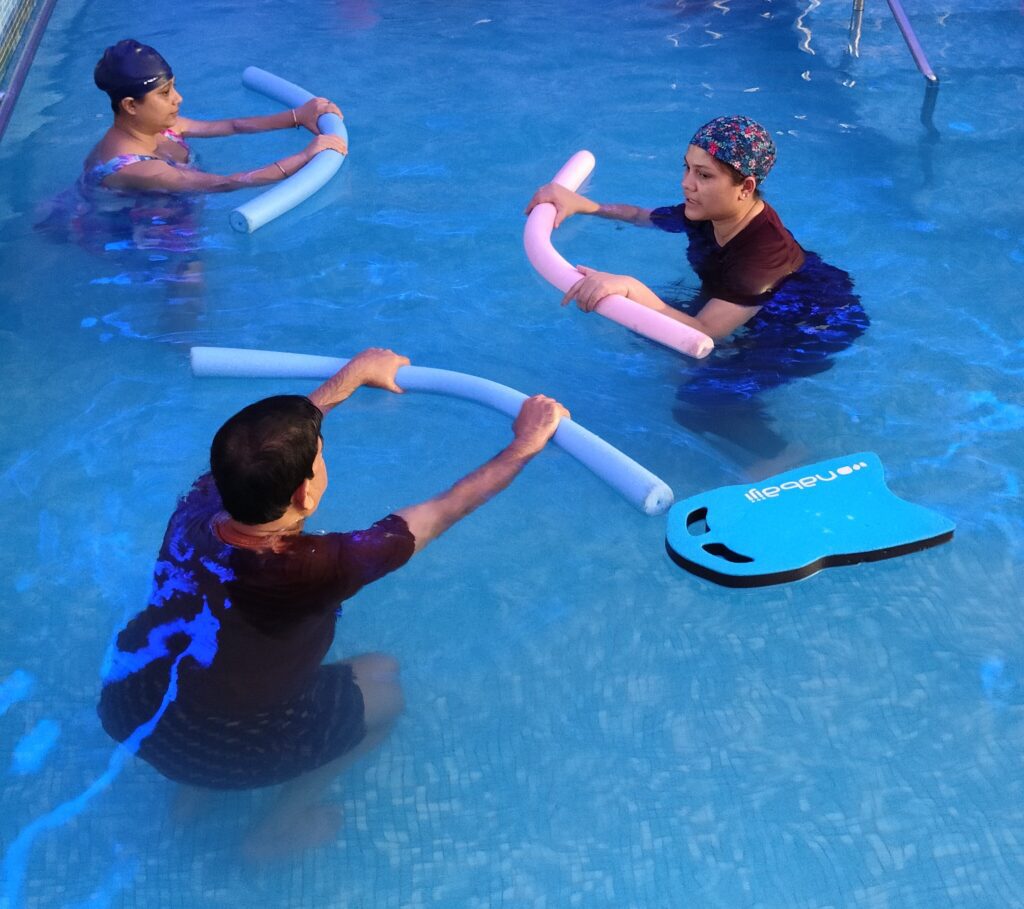In the vast landscape of medical conditions, some ailments stand out not just for their rarity but for the challenges they pose in diagnosis and treatment. These are rare diseases— conditions that affect a small percentage of the population, often with limited understanding among healthcare providers and the general public. Among these, Ankylosing Spondylitis, Cerebellar Ataxia, and Fibromyalgia are three examples that profoundly impact the lives of those diagnosed.
Ankylosing Spondylitis: A Slow Stranglehold
Ankylosing spondylitis (AS) is a type of arthritis that primarily affects the spine. It causes inflammation of the vertebrae, leading to chronic pain and stiffness. Over time, this inflammation can cause the vertebrae to fuse, resulting in a hunched-forward posture and decreased mobility. AS can also affect other joints and organs, making it a complex and debilitating condition.

Cerebellar Ataxia: The Unsteady Battle
Cerebellar Ataxia is a neurological disorder characterized by a lack of muscle coordination, particularly in movements that require precision, such as walking, speaking, and swallowing. It is caused by damage to the cerebellum, the part of the brain responsible for coordinating voluntary movements. Individuals with cerebellar ataxia often experience difficulty with balance and may exhibit a staggering or unsteady gait.

Fibromyalgia: The Invisible Torment
Fibromyalgia is a chronic condition characterized by widespread musculoskeletal pain, fatigue, and tenderness in specific areas of the body. It is often accompanied by other symptoms such as sleep disturbances, cognitive difficulties, and mood disorders. Despite its prevalence, fibromyalgia remains poorly understood, with its exact cause eluding researchers.
Multiple Sclerosis: Enhancing Functionality
Multiple sclerosis (MS) is a chronic autoimmune disease that affects the central nervous system, leading to a wide range of symptoms such as muscle weakness, spasticity, and fatigue. Physiotherapy plays a pivotal role in the management of sclerosis by addressing these symptoms and promoting optimal functionality. Through exercise programs, strengthening exercises, and balance training, physiotherapists help individuals with multiple sclerosis improve their mobility, reduce the risk of falls, and enhance their overall quality of life. Additionally, hydrotherapy can provide a safe and effective way to exercise, allowing individuals with multiple sclerosis to engage in physical activity without exacerbating their symptoms.

The Role of Physiotherapy in Rare Diseases
While there is no cure for these rare diseases, physiotherapy plays a crucial role in managing symptoms and improving the quality of life for individuals affected by them. Physiotherapy interventions are tailored to each patient’s specific needs and may include:
- Exercise Programs: Physiotherapists design targeted exercise regimens to improve strength, flexibility, and range of motion in affected joints and muscles. These exercises can help alleviate pain and prevent further deterioration of mobility.

- Manual Therapy: Hands-on techniques such as massage and joint mobilization can help reduce pain and stiffness, improve circulation, and promote relaxation.
- Postural Correction: For conditions like Ankylosing Spondylitis that affect spinal alignment, physiotherapists employ techniques to correct posture and prevent the progression of deformities.

Harnessing the Healing Power of Hydrotherapy
Hydrotherapy—the use of water for therapeutic purposes—is another valuable tool in the treatment arsenal for rare diseases. The buoyancy of water reduces the effects of gravity, making movement easier and less painful for individuals with conditions like fibromyalgia. Hydrotherapy exercises can improve strength, flexibility, and cardiovascular fitness while minimizing stress on joints and muscles. In fibromyalgia, the warm water of a hydrotherapy pool provides a gentle and supportive environment for exercise, relieving pressure on tender points and facilitating movement without causing undue strain. The buoyancy of water reduces the impact on joints, making it easier for individuals with fibromyalgia to engage in low-impact aerobic exercises and stretching routines, thus alleviating pain and stiffness while improving flexibility and overall well-being.
For those battling multiple sclerosis, hydrotherapy serves as a valuable tool for enhancing functionality and managing symptoms. The supportive nature of water helps individuals with multiple sclerosis perform exercises that may be challenging on land due to weakness or spasticity. Hydrotherapy sessions focus on improving balance, strength, and coordination, helping individuals with multiple sclerosis maintain mobility, reduce the risk of falls, and enhance their quality of life. Additionally, the soothing properties of warm water can promote relaxation and alleviate muscle spasms, providing much-needed relief from the symptoms of this chronic autoimmune disease.

The services we provide: https://www.alexahealthcare.in/physiotherapy-services/
Embracing a Multidisciplinary Approach
In addition to physiotherapy and hydrotherapy, individuals with rare diseases benefit from a multidisciplinary approach to care. This may include access to occupational therapy to address activities of daily living, pain management strategies, psychological support to cope with the emotional impact of chronic illness, and nutrition counseling to support overall health and well-being.
In conclusion, while rare diseases like ankylosing spondylitis, cerebellar ataxia, and fibromyalgia present unique challenges, they are not insurmountable. Through a combination of physiotherapy, hydrotherapy, and multidisciplinary support, individuals with these conditions can manage their symptoms, improve their quality of life, and unlock hope for the future.

A team of Physiotherapists in Alexa Clinic under the guidance of Dr. Shipra Kumari, Chief Physiotherapist and certified Aquatic Therapist (IATF Switzerland).
Alexa Clinic is a super-specialty physiotherapy and aquatic therapy clinic first of its kind opened in Kolkata in the in the year 2019. With many accolades and recognition Alexa Clinic has treated more than 10,000 patients.
It’s easy to book an appointment with Dr. Shipra Kumari over a call or visit the 8777694040 websites of Alexa Healthcare.
https://www.facebook.com/alexaactiveaging
https://www.youtube.com/@alexaactiveaging
